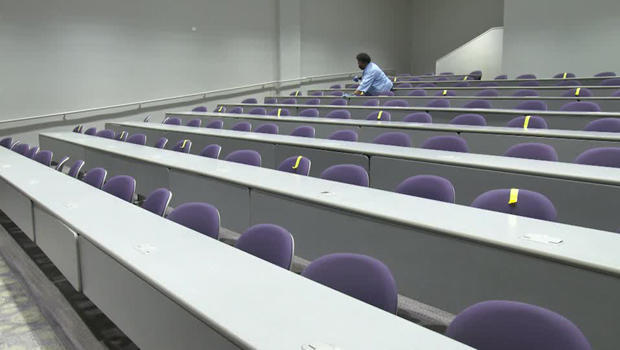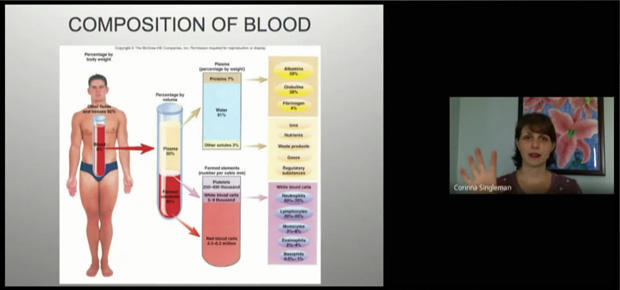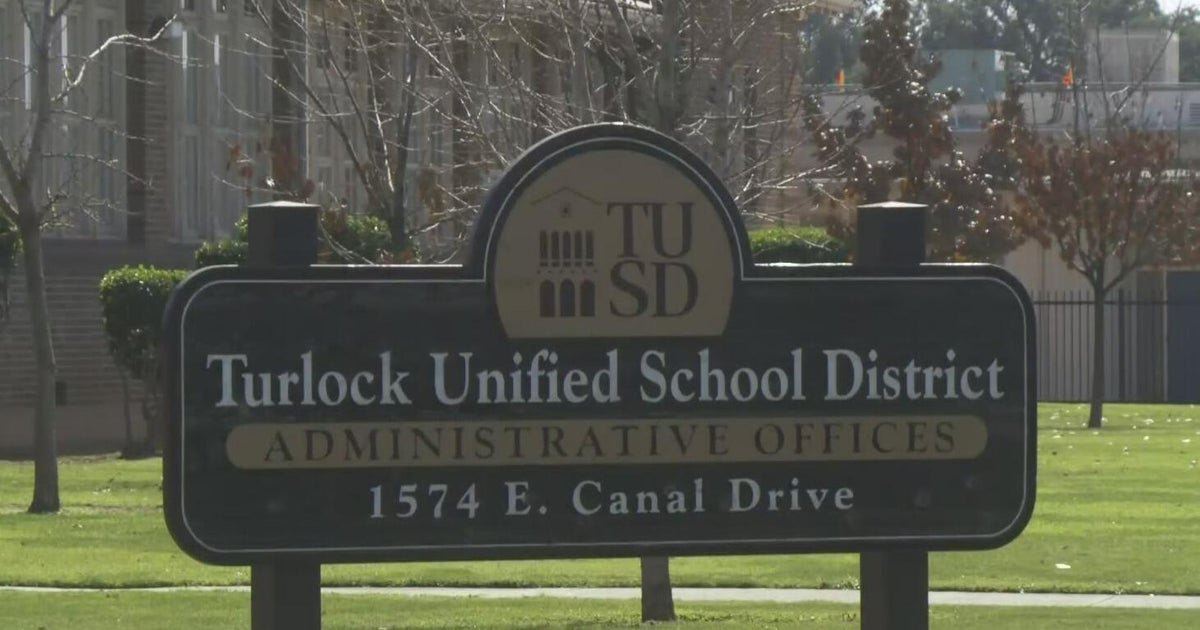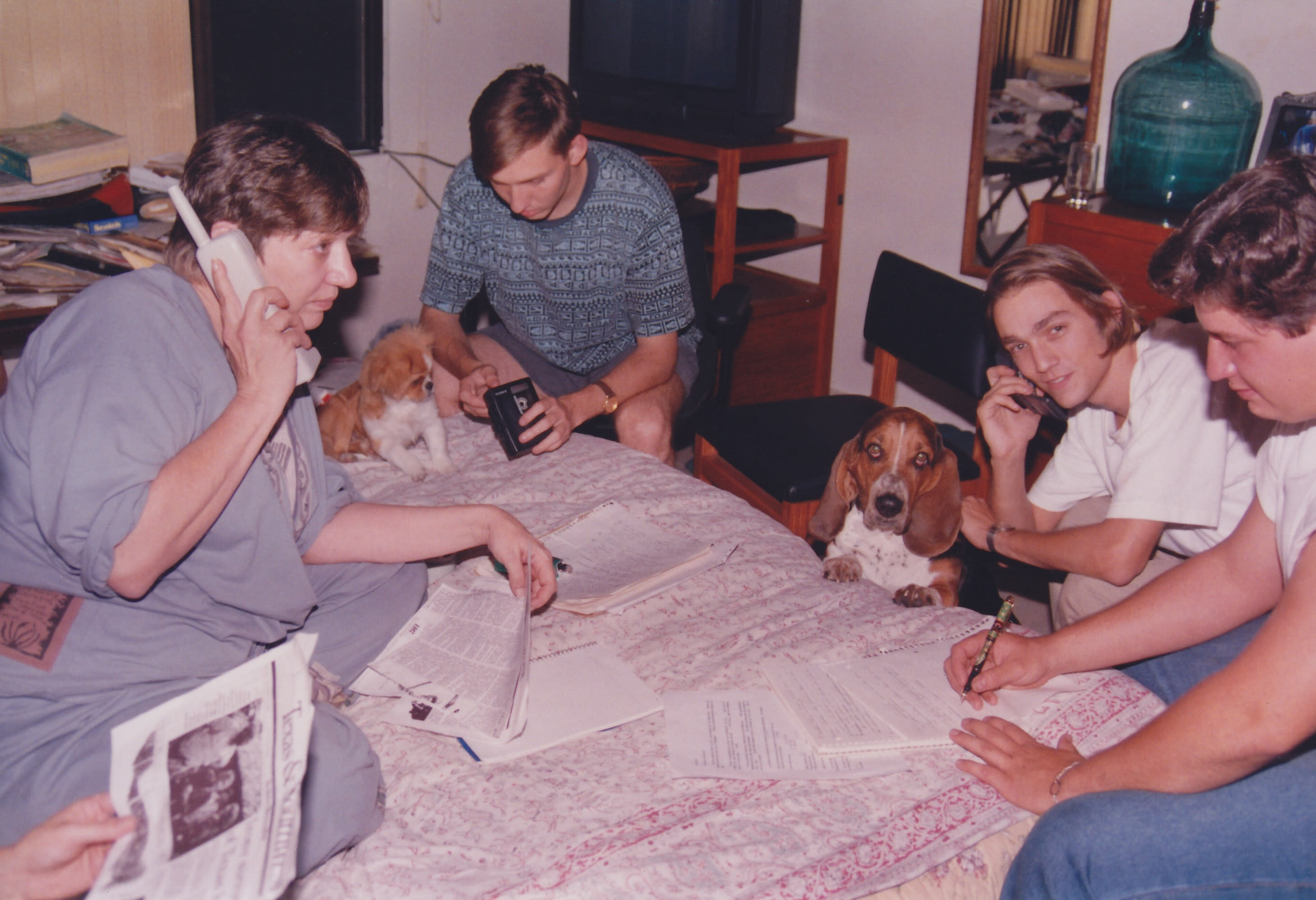Higher education during a pandemic: Giving it the old college try
The last time the University of Mississippi campus was full of students was in May. They had come to clear out their dorms, after the coronavirus had chased them home in March.
"It was hard because everyone … was finally getting together, bonding, getting really close, like all my friends, and then we all had to leave," said Olivia Fuller, who spent most of the spring semester taking classes online at home in Chicago.
Not ideal, said Olivia's mother, Kim: "I'm more concerned about her not having her college experience with her friends than I am anything," she said back in May.
Now, Olivia is heading back to school for the fall semester.
CBS News business analyst Jill Schlesinger asked Kim, "Are you sending her off with 5,000 masks and gloves and instructions to be very, very careful? Are you being the mother that every mother is, basically?"
"We're sending her with masks, and we're sending her with common sense," she laughed. "Common sense and masks!"
But Ole Miss won't be the same. Classes will be a combination of online and in-person.
"They're not all online," said Fuller. "I have two hybrid classes – one is my chemistry lab, and the other one is a nutrition class. The hybrid means that sometimes you'll meet in person and some stuff will be online."
Noel Wilkin, the provost at the University of Mississippi, said they are working hard to keep the coronavirus off-campus. "We've had to rethink everything that we do," he said. "There's lots of protocols put in place of additional barriers to prevent the virus from spreading. That includes keeping people six feet apart within the classroom spaces, instructor being ten feet away from the closest student, and having face masks for the instructors and for the students. That cuts our classroom capacity down dramatically."
According to the Chronicle of Higher Education, only about one-quarter (23.5%) of the country's colleges and universities are planning to hold classes primarily in-person this fall. Slightly more (27.8%) will be mostly online, and 16% will be a hybrid of the two. And with weeks to go before the semester starts, over a quarter of schools (27%) have yet to determine how classes will be taught.
Robert Kelchen, an associate professor of higher education at Seton Hall University in New Jersey, said, "The fall experience on campus will be some combination of a monastery and a minimum security prison."
"That doesn't sound fun to me!" said Schlesinger.
"It may not be the most fun thing," Kelchen said. "Is it better than living at home with your parents? Maybe. Is it safer than some other alternatives? Maybe. Is it going to be what students think of the college experience? Absolutely not."
But online has its fans. At Queens College, part of the City University of New York, summer courses were only offered online, as will 99% of fall classes.
"Online, when it's done well, it really works," said Frank Wu, the new president of Queens College. "Our summer enrollment jumped 30% to record levels because so many people are interested in the online option."
Schlesinger asked Queens College graduate student Carmine Couloute, "What does it feel like looking at this quad, this beautiful quad, and there's nobody here?"
"It feels empty, serene, beautiful. But ready to be packed again, hopefully, in the future!" Couloute replied.
By studying online, Couloute has also been able to hold down two jobs. Now she's planning to continue online courses at Queens, as well as at the University of Chicago.
"It sounds like you've done pretty well with online learning," Schlesinger said. "Have you gotten better at certain things because it's remote?"
"I have gotten better at certain things," she replied. "I've been practicing my activism, so there's room for that, in addition to just learning better time management also – making sure that I put time aside for schoolwork also."
Shabbos Kestenbaum, a rising sophomore, also studied online this summer at Queens College. When asked if he experienced an uptick or a drop in his grades last semester from studying online, he replied, "I hate to brag but you're talkin' to a 4.0'er," he laughed.
"What do you miss about going into a class, physically?" Schlesinger asked.
"Part of the college experience is that face-to-face connection," Kestenbaum said. "It's about networking, it's about socializing, meeting new people from all different backgrounds, which Queens specifically thrives on. And having that cut out from you, it definitely takes a crucial and significant part of the college experience totally out the window."
Kestenbaum is on a tight budget, and says online isn't what he signed up for: "I had tuition due last week from Queens College with the same tuition price that they were charging last year. As of now, I'm not sure what the plan is. But I do know that I paid a tuition for services that I know I'm not going to be receiving.
"So, if anyone walked into, you know, a supermarket, and they were charged X amount for a product they didn't even know what they were receiving, that would be ridiculous."
One survey found 93% of undergraduates say tuition should be lowered if courses are online. Some schools (including Princeton, Georgetown and Spelman) are offering tuition rebates, usually around 10%. But others may struggle just to stay in business, let alone give money back.
Seton Hall's Robert Kelchen said, "The challenge with discounts is that colleges still have to pay their bills. They still have to pay faculty to teach. They still have to pay staff to be there for students. And at the end of the day, students still are getting those college credits."
So, the lesson plan for this fall includes less in-person collaboration, and forget about going to football games and big parties. The coronavirus is leaving its mark … perhaps permanently.
Schlesinger asked, "How does the pandemic change the outlook for higher education?"
"The pandemic changes everything for us," said Queens College's Frank Wu. "I started this job only three weeks ago. And my friends, they all said, 'Oh, this must be a really hard time to be a college president.' And I've explained, no, actually it's much easier. We have an external threat that we must respond to. You can't ignore it.
"This is a crisis,' Wu said. "But it's a crisis that we need to respond to and turn to our advantage."
Some schools, including Rice University, have already started welcoming back students. Notre Dame starts classes tomorrow.
And Olivia Fuller is back on campus at Ole Miss. The fall semester doesn't start for two weeks, but she's ready for class, even if, for now, she'll rarely be in a classroom.
"It's hard to imagine that things could ever get back to normal," Fuller said. "But hopefully if everyone does what we're supposed to do and, you know, social distances and wears masks and everything, like, slowly but surely semester by semester we can get back to normal."
For more info:
- Noel Wilkin, provost & executive vice chancellor for academic affairs, University of Mississippi
- Robert Kelchen, Co-Chair, Department of Education Leadership Management and Policy, Seton Hall University
- Frank Wu, president, Queens College, City University of New York
Story produced by Alan Golds. Editor: Mike Levine.





